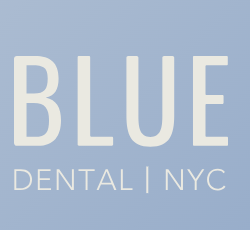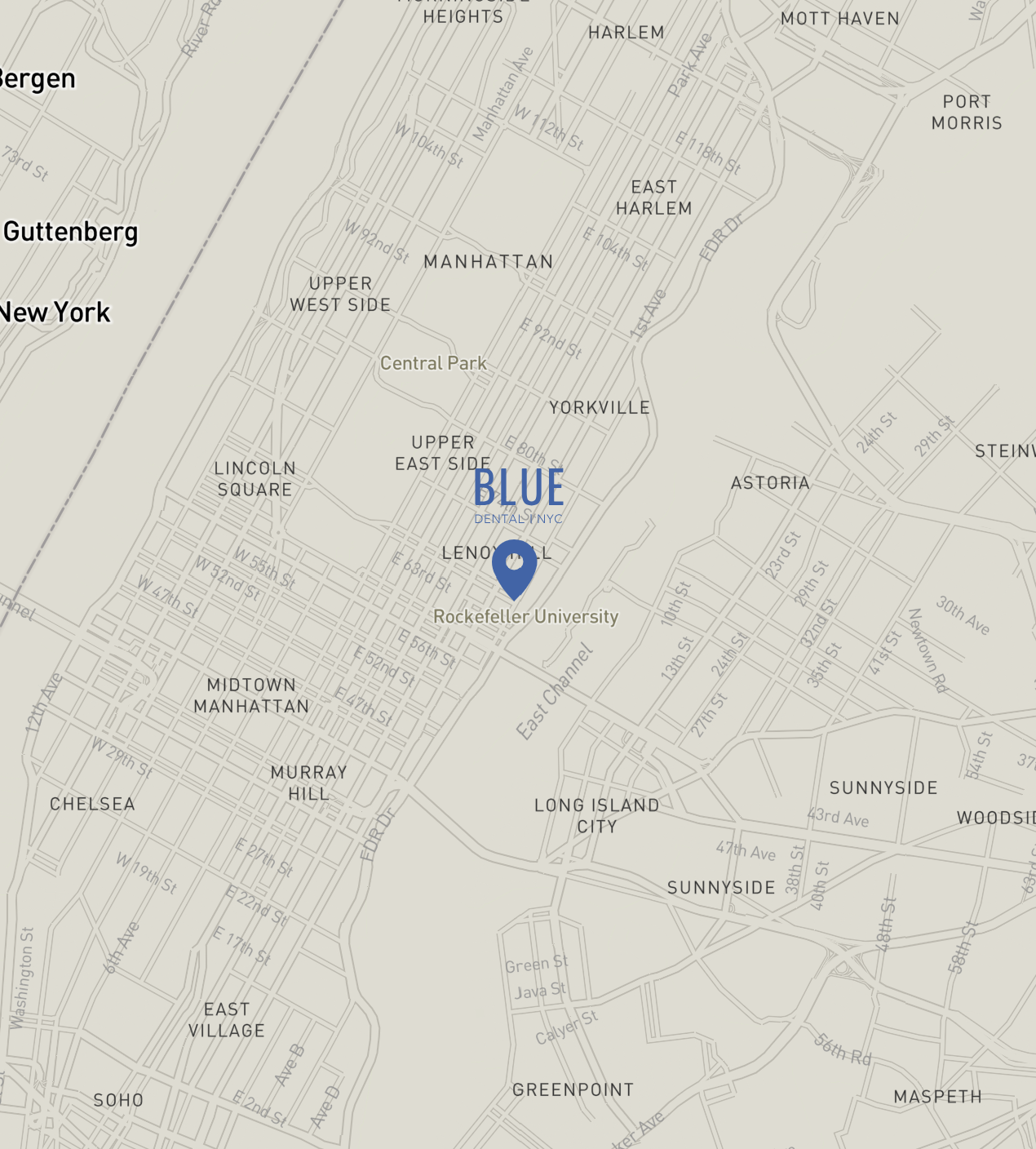Tooth Grinding (Bruxism) on the Upper East Side, Manhattan
Why Choose Dr. Min for Tooth Grinding Care
- Columbia-trained prosthodontist focused on bite balance, jaw comfort, and enamel preservation.
- Award-winning precision and military-honed discipline—expect meticulous records, clear guidance, and calm communication.
- Occlusion-first planning to address the cause (not just the symptoms) and protect teeth, fillings, and implants.
- Team care with trusted physical therapists/ENTs/sleep specialists when airway or muscle issues are involved.
What Is Tooth Grinding (Bruxism)?
Bruxism is involuntary grinding or clenching of teeth—often during sleep. It can flatten enamel, crack teeth and restorations, strain jaw joints/muscles, and trigger morning headaches or facial soreness.
Common Signs & Symptoms
- Worn, flattened, or chipped teeth; notches near the gumline (abfractions)
- Morning jaw tightness, facial muscle tenderness, tension headaches
- Teeth that feel “high,” sensitive, or ache after chewing
- Clicking/popping in the jaw joints; limited opening in flare-ups
- Partner reports of grinding sounds during sleep; scalloped tongue or cheek ridging
Why It Matters
- Prevents fractures and costly redo work on crowns/fillings/veneers
- Reduces muscle pain, TMJ overload, and bite instability
- Protects implant restorations and prolongs their lifespan
- Helps maintain an esthetic smile line and healthy enamel
How We Diagnose
- History of symptoms (timing, stress, sleep quality, triggers)
- Bite analysis and muscle/joint exam
- Intraoral photos, wear-pattern mapping, and digital scans
- Low-dose X-rays/CBCT (when indicated) to assess joints/teeth
- Airway/sleep screening; referral for sleep study if apnea is suspected
Treatment Options We Provide/Coordinate
- Custom Night Guard (Occlusal Splint):
- Hard acrylic maxillary stabilization guard (gold standard) for even contacts and muscle deprogramming
- Mandibular or dual-laminate guards for gag reflex/heavy forces
- Short-term anterior deprogrammer in select cases
- Bite Adjustment (Equilibration): Fine-tunes high contacts that overload specific teeth.
- Protective Restorations: Onlays/crowns where cracks or deep wear threaten tooth strength.
- Masseter/Temporalis Injections (case-by-case): For severe muscle overuse after dental causes are addressed.
- Behavioral & Co-Management: Stress reduction, jaw posture training, PT, and sleep-medicine referrals for suspected apnea.
The Process at a Glance
1) Consultation & Records
Photos, scans, bite check, and muscle/joint exam; discuss goals and risks.
2) Guard Selection & Fabrication
Precise impressions/scans; we design the guard to your bite and habits.
3) Delivery & Calibration
Fit check and micro-adjustments for even, comfortable contacts.
4) Follow-Up
Re-checks at 2–6 weeks and routine cleanings; adjustments as your muscles relax.
5) Long-Term Protection
Monitor wear, refresh polish, and update plan if your bite or restorations change.
Comfort & Safety
- Gentle exam; most guard visits need no injections
- BPA-free, medical-grade materials
- Smooth, low-profile designs for speech and airway comfort
- Clear written wear/care instructions
Cost & Insurance
- Transparent, itemized estimates; fees vary by guard type and case complexity.
- Many PPO plans contribute to occlusal guards for bruxism; coverage for injections varies.
- Our team verifies benefits and files claims; flexible payment options available.
At-Home Care & Prevention
- Wear your guard nightly; store dry and clean with a soft brush (no hot water).
- Avoid chewing ice, pens, and very hard foods.
- Daytime awareness: lips together, teeth apart, tongue on the palate (“L-T-T” cue).
- Manage stress/sleep: consistent schedule, limit caffeine late day, consider PT or relaxation techniques.
- Keep 6-month cleanings; bring the guard for fit checks and polishing.
Frequently Asked Questions
Will a night guard stop grinding?
It primarily
protects teeth and relaxes muscles; some patients also grind less over time with proper calibration.
Upper or lower guard—which is better?
We choose based on your bite, restorations, gag reflex, and comfort. Upper full-coverage guards are common; lower or dual-laminate options can be ideal for heavy bruxers.
Will I still need bite adjustments?
Sometimes. A well-balanced bite reduces triggers and improves guard comfort.
What if I have sleep apnea?
Treating airway issues can dramatically reduce bruxism. We coordinate with sleep specialists when signs point to apnea.
About Dr. Daniel Min
BA, University of Texas at Austin
DDS, University of Texas (American Esthetic Dental Association award; “Student of the Year” in clinical performance)
MS in Prosthodontics, Columbia University; former part-time clinical professor
U.S. Army veteran; current Army Reserve officer
Member: Academy of Prosthodontics; International Congress of Oral Implantologists
Service Area
Conveniently located on the Upper East Side and serving patients throughout Manhattan and the greater New York City area.
Call to Action
Jaw tightness, morning headaches, or worn teeth?
Book a bruxism evaluation with Dr. Daniel Min to protect your smile and restore comfortable function—night guard, bite tuning, and long-term solutions tailored to you.

